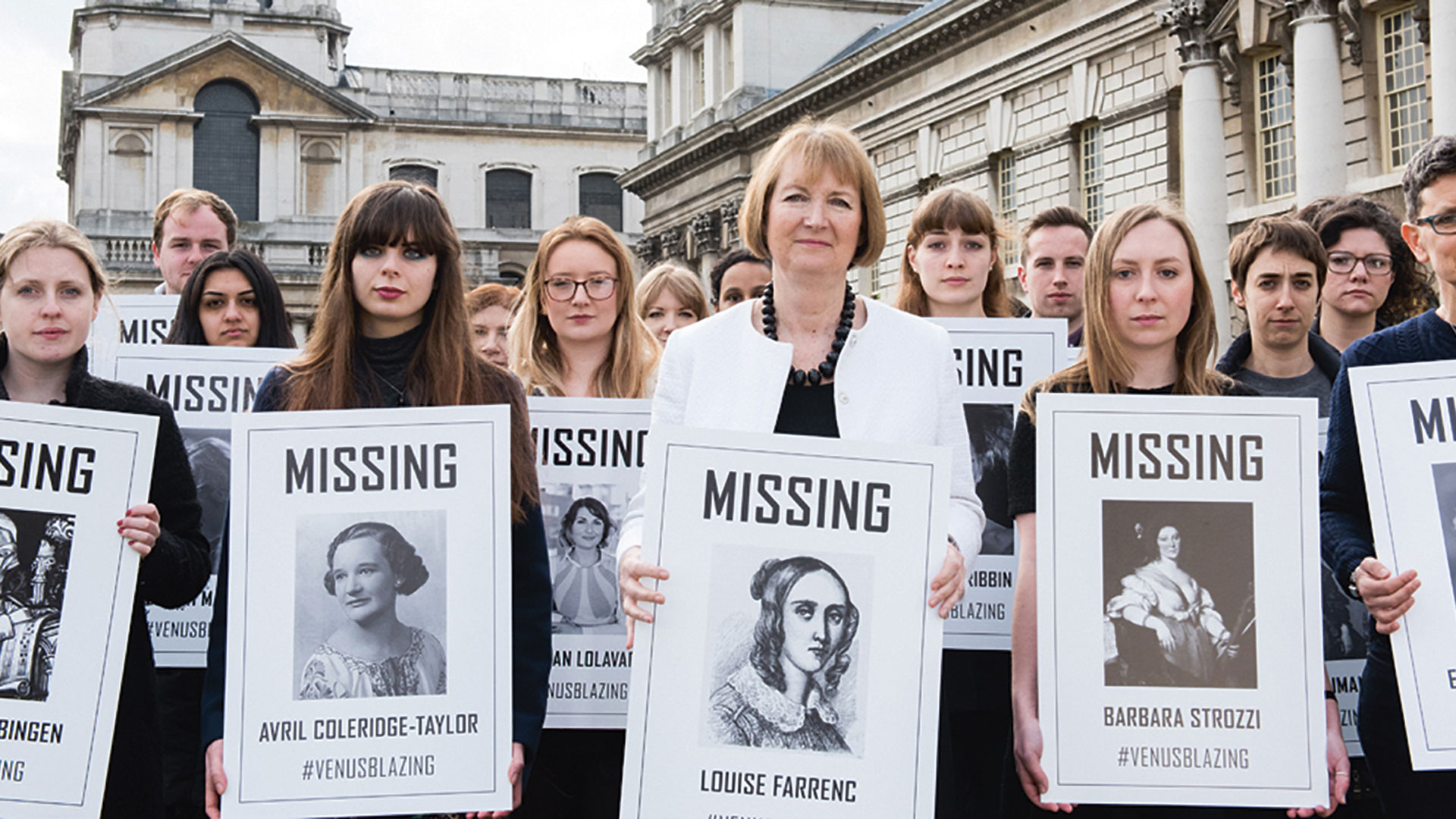The Incorporated Society of Musicians (ISM) has published a report into the impact of Brexit on musicians, highlighting concerns regarding freedom of movement. I know what you might be thinking: another day, another column about Brexit; but for those who travel regularly for a living this is a growing concern. It is particularly pertinent for musicians, of whom 30 per cent travel to the EU more than five times a year, according to the report, which solicited responses from around 1,600 performers.
The study claims that more than 40 per cent of musicians have noticed a negative influence on their employment as a result of Brexit, up from 26 per cent in 2017 and 19 per cent in 2016. Given that many gigs are impromptu – more than one in eight musicians are given less than seven days’ notice – having to apply for visas and endure lengthy administrative procedures could lead to lost job opportunities.
The classical and contemporary music industry thrives because although it is specialist, it is collaborative. Inexpensive travel and digital communications have allowed us to build networks around the globe, but especially with our neighbours in Europe. These have enhanced and deepened our understanding of music and audience development. I recently had a glimpse into a possible future where travelling a modest distance incurred a visa. I was invited to visit a foreign opera company; after some discussion, it transpired that I would need to spend an entire day at an embassy to arrange a visa before the commission could be confirmed. For the self-employed writer on a tight budget, it was impractical. For musicians, it is a threat to livelihoods.
Music by female composers has been marginalised for centuries, and, happily, many organisations are seeking to redress the balance
One solution is that authorities could widen the scope of a permitted paid engagement visa from 30 to 90 days, suggests the International Artist Managers’ Association (IAMA), which has joined forces with the ISM, the Royal Opera House (ROH) and the Association of British Orchestras (ABO) for another report. The ROH points out that there is a regular need to bring in replacement singers from abroad at almost no notice when soloists are ill, while the ABO sensibly urges policymakers to consider the reality that touring is “intrinsic to the orchestral business model”. The Proms season is a key example: this summer we have enjoyed visits from the Estonian Festival Orchestra, Rotterdam Philharmonic Orchestra and Swedish Chamber Orchestra to name but a few.
Music by female composers has been marginalised for centuries, and, happily, many organisations are seeking to redress the balance. Trinity Laban Conservatoire of Music and Dance has unveiled a new series called Venus Blazing which begins in the new academic year, with 25 of the 37 works programmed (68 per cent) penned by women.
For better or worse, Wikipedia is often our first port of call when searching online, but only 17 per cent of Wikipedia’s entries about people are about women, and only 10 per cent of Wikipedia’s contributing editors are female. Southbank Centre and clarinettist Heather Roche are hosting a Wikipedia edit-a-thon on September 2, with the aim of adding more woman composers to Wikipedia’s database. Do join in via #ComposingWikipedia.









